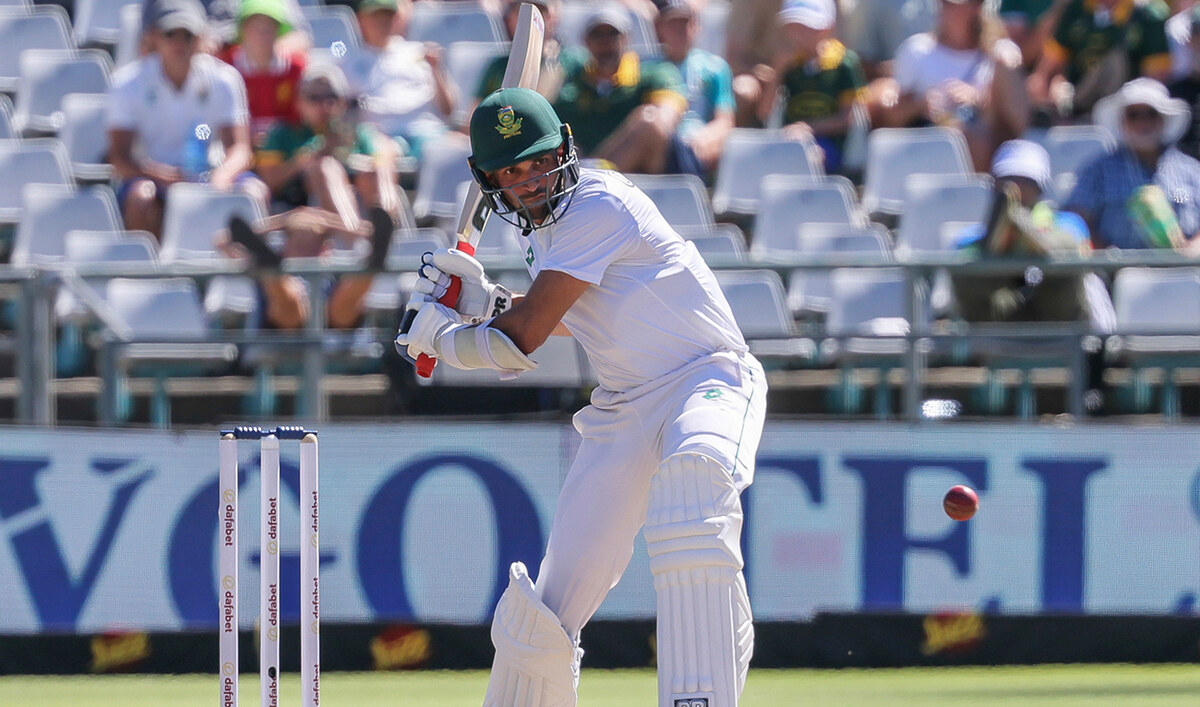KARACHI: The government has approved the National Electric Vehicle (EV) Policy 2019 to reduce oil import bill and pollution, targeting to convert 100,000 cars and 500,000 two- and three-wheelers into electric vehicles in the next four years, though auto manufacturers and vendors say they were not taken on board by the ruling administration while making the policy.
Pakistan’s federal cabinet, chaired by Prime Minister Imran Khan, approved the EV policy 2019 that was tabled by the Ministry of Climate Change on Tuesday.
“A special unit of electric car manufacturing would be set up in the Special Economic Zones being established under the China-Pakistan Economic Corridor,” Prime Minister’s Adviser on Climate Change Malik Amin Aslam announced after the meeting.
Faced with climate change issues, the country intends to reduce emissions of greenhouse gases by introducing electric cars, trucks, buses, motorcycles, and rickshaws.
“According to a global estimate, around 20 percent of greenhouse gas emissions owe to various means of transportation,” he said, “but that statistic stands at 40 percent in Pakistan.”
The country plans to bring 30 percent of its vehicles from fossil fuel to electricity in the next four years since petroleum-related goods constitute about eight percent of its total imports.
However, the Pakistan Association of Automotive Parts and Accessories Manufacturers (PAAPAM) has taken a strong exception to the cabinet decision, pointing out in a statement issued on Wednesday that the body was not kept in the loop by the government.
The approval of the EV policy, said the association’s chairman, Captain (r) Muhammad Akram, “without considering its immediate impact on already troubled local auto industry will further aggravate the economic situation of the country.”
The association would “surely support the induction of Electric Vehicles of all types,” but it did not “agree with 100% imported CKD [Completely Knocked Down] parts” and ”screwdriver assembling at Vehicle Production Plants,” said its statement.
“The vending industry is already suffering from multiple issues, including dwindling sales and layoffs,” Aamir Allawala, a leading auto parts manufacturer, told Arab News. “Vendors are facing a liquidity crunch. In order to cater to the needs of the new EV players, they will have to make new investments.”
When Arab News contacted the Pakistan Automotive Manufacturers Association (PAMA), its spokesman denied being contacted by the government. “I can say this with full responsibility that we were not consulted [while the policy was designed],” Abdul Waheed, the PAMA spokesman, said.
Meanwhile, analysts described the introduction of the EV policy as a revolutionary step.
“I think it’s a revolutionary step whereby the government plans to move directly toward electric cars,” Samiullah Tariq, Director Research at the Arif Habib Limited, told Arab News, adding: “Certain quarters of the auto industry will not be happy due to the discounted duty structure on electric vehicle imports.”
The proponents of the EV policy also maintained it would reduce the cost of fuel drastically for both car owners and motorcycles riders.
“The average fuel consumption of motorbikes is around Rs6000 per month. That will be reduced to less than a thousand rupees. Similarly, the fuel cost of 650-800cc cars will come down to around Rs1200,” Muhammad Sabir Shaikh, Chairman of the Pakistan Electric Vehicles Manufacturers Association (PEVMA) and Association of Pakistan Motorcycles Assemblers (APMA), told Arab News.
The EV policy implementation is also likely to create around 40,000 new employment opportunities, mainly for young electric technicians, while it will attract investment in new showrooms and manufacturing facilities as well.























